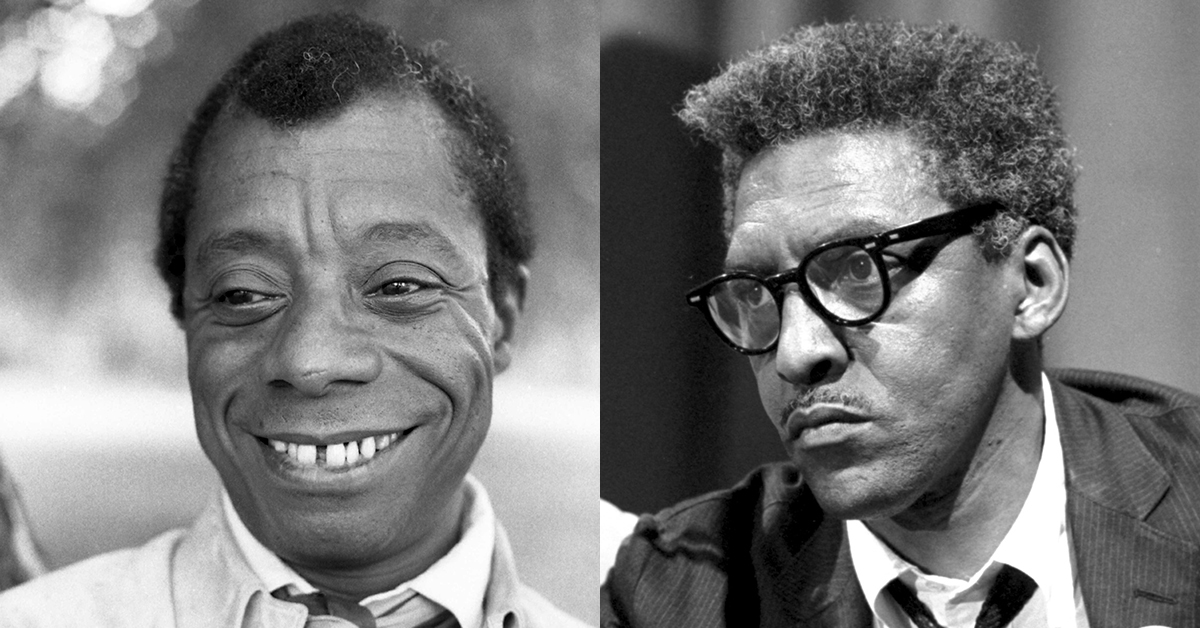From inventors to scientist to writers, the contributions of Black and brown “hidden figures” are beginning to see the light of day. Following the success of Kerry Washington in ABC’s Scandal, we began to see more Black female leading women on the screen. Shows like Being Mary Jane, Insecure, Grown-ish and Claws hit the airwaves and continue to move the culture forward.
When our communities called out companies on their lack of diversity, executives like Bozoma Saint John and Kenneth Chenault became household names for their appointments. Yet despite our advancements as people, as a Black gay man in leadership, I don’t see myself reflected the culture.
The Grammys aired recently and, despite the producers efforts, the telecast took steps backwards. The show opened with a glorious celebration of Latin Culture that included Camila Cabello, Ricky Martin and J. Balvin. However, when it came time to celebrate the Black culture of Motown’s music, Jennifer Lopez was tapped to perform. Social media reacted strongly against the entire show. There was an obvious lack of Black performers and of hip-hop. The Grammys mistook diversity for creating a moment in which one group is seen. However, diversity is about creating a continual space where all are validated. Quite simply, we did not see ourselves.
E pluribus unum — Latin for "out of many, one” (alternatively translated as "one out of many”).
When we see the success of one in our community, we know there are many more. Yet, as a same-gender-loving (SGL) Black man in a leadership position, I feel like a vampire. If culture is a mirror of society, then I, like many other SGL Black and brown men in leadership across various sectors, am invisible.
Blavitize your inbox! Join our daily newsletter for fresh stories and breaking news.
James Baldwin is a SGL Black man that is arguably America’s quintessential writer on the complexities and nuances of race and sexuality. Yet, despite having a perspective that was birth from his unique position within society (being Black, male and gay), America has treated Baldwin as an anomaly of culture and not a trend. He is viewed as one, not of many.
A few years back, the documentary Brother Outsider highlighted the dynamic life and works of Bayard Rustin. Rustin was Black, male and gay. Although Rustin was one of Dr. Martin Luther King Jr’s closest advisors and is credited as the architect of the infamous March on Washington, until recently he was virtually unknown. Yet, despite Rustin’s immeasurable contributions to America and the Civil Rights Movement, no national initiative to recruit or to hire more men like Rustin was initiated. Instead, Rustin was relegated to work behind the scenes and later ousted because of his sexuality. Rustin was viewed as “one,” leaving his words and works to be attributed to Dr. King.
Rustin and Baldwin were leaders with the unique type of leadership and nuanced perspective that is imperative to the culture. At the intersection of Black, male and gay lies a kind of suffering that can “lead to redemptive self-knowledge, to a more humane understanding of the self and the other.” This awareness is the foundation of a great leader. But as a SGL Black male leader, I am not accustomed to seeing myself across sectors. We are expected to be in the spaces of fashion and dance, but we are more. We are leaders in finance, tech, law, activism, sports and (in my case) ministry. The very idea of a SGL Black man as a CEO of a fortune 500 company, a sports team or even as President of the United States is down right absurd to the masses. America is more comfortable seeing us as “one,” but not as the one in charge.
It is not absurd to want to live in a world where Black and brown people are represented in the various shades and ways that we are in the world. It should not be absurd to want to see myself reflected in the world. And if culture is a mirror, it’s time we removed the blindspots that are keeping SGL Black and brown men from being seen in leadership. It’s time to relinquish the notion that diversity is a destination, and embrace that it is a direction that reflects the culture in which we all live.
Blavitize your inbox! Join our daily newsletter for fresh stories and breaking news.
